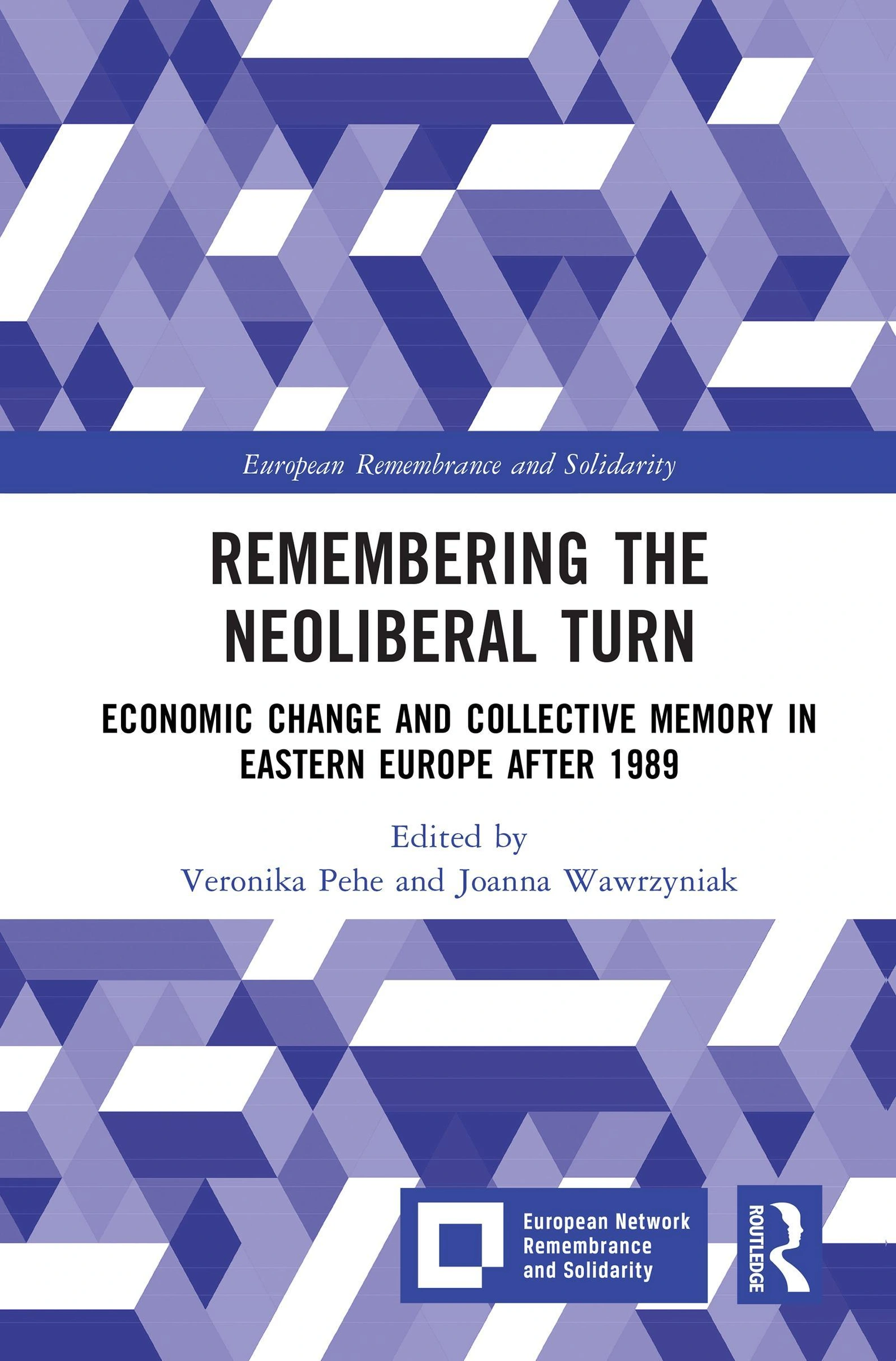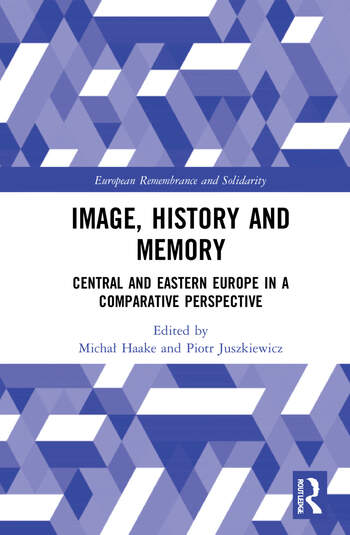The recent crisis of the European project (the Euro, migration, Brexit, the rise in national populism) has brought about new questions about the direction of EU integration. The debate on a common European memory and identity has been equally dramatic, and in particular since the expansion of the EU towards the east, as pleas for proper recognition of the ‘new’ Europe within a common European historical awareness have emerged. With a number of volumes studying social memories in connection to art, religion, politics and other domains of social life, the series editors wish to contribute to the debate on European memory and identity, and shed fresh light on the region of Central and Eastern Europe and Europe more broadly, a region stretched between the past and the future in the negotiation of identities – both national and transnational. The editors encourage comparative studies of two or more European countries, as well as those that highlight Central and Eastern Europe in reference to other regions in Europe and beyond.
The book series is developed in cooperation with Routledge
Editorial Board: Marek Cichocki, Peter Haslinger, Catherine Horel, Csaba Gy. Kiss, Dušan Kováč, Elena Mannová, Andrzej Nowak, Attila Pók, Marcela Sălăgean, Arnold Suppan, Stefan Troebst, and Jay Winter.













